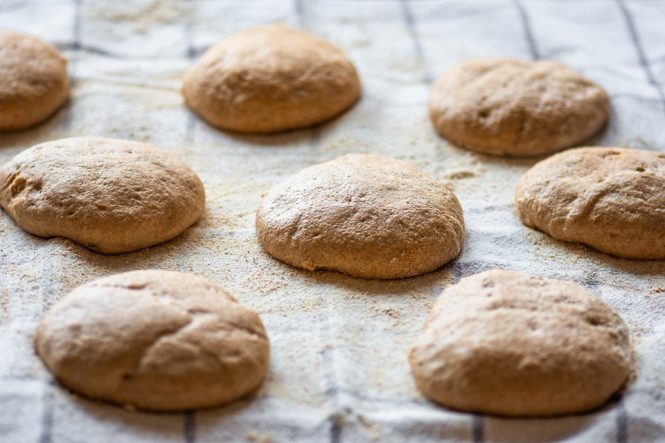
Sugar Shock: The Hidden Dangers of Carbohydrates in Your Diet
Are you tired of feeling like you’re doing everything right with your diet, only to see little to no results? Do you find yourself constantly struggling with cravings, energy crashes, and stubborn weight gain? If so, you may be experiencing the effects of “sugar shock” – a condition where hidden carbohydrates in your diet are secretly sabotaging your health and weight loss efforts.
The Hidden Sources of Carbohydrates
Carbohydrates are a type of macronutrient that provides energy for the body. However, not all carbohydrates are created equal. While some sources, such as fruits and vegetables, are naturally rich in fiber, vitamins, and minerals, others, such as refined sugars and grains, can be detrimental to our health.
The problem is that many foods, even those labeled as “healthy” or “low-fat,” contain hidden sources of carbohydrates that can quickly add up and throw our diet off track. These hidden carbs can be found in:
- Sugary drinks: Sports drinks, energy drinks, and even some juices can contain high amounts of sugar and carbohydrates.
- Refined grains: White bread, pasta, and sugary cereals are all high in empty calories and carbohydrates.
- Fruit juices and smoothies: While fruit is naturally healthy, juices and smoothies can be high in sugar and carbohydrates, especially if they contain added sugars or honey.
- Low-fat foods: Many low-fat foods, such as yogurt and snack bars, can contain added sugars and carbohydrates to enhance flavor.
- Condiments and sauces: Ketchup, barbecue sauce, and even some salad dressings can be high in sugar and carbohydrates.
The Effects of Sugar Shock
When we consume high amounts of hidden carbohydrates, our body responds by releasing insulin, a hormone that regulates blood sugar levels. While insulin is necessary for energy production, excessive insulin release can lead to a range of negative effects, including:
- Weight gain: Insulin promotes fat storage, which can lead to weight gain and obesity.
- Energy crashes: The rapid spike and crash of blood sugar levels can leave us feeling tired, sluggish, and lethargic.
- Increased cravings: The constant fluctuations in blood sugar levels can trigger cravings for more carbohydrates, creating a vicious cycle of sugar addiction.
- Inflammation: Excessive carbohydrate consumption can lead to chronic inflammation, which has been linked to a range of diseases, including diabetes, heart disease, and certain types of cancer.
Breaking Free from Sugar Shock
The good news is that it’s possible to break free from the cycle of sugar shock and take control of your diet. Here are some tips to get you started:
- Read labels carefully: Pay attention to the ingredient list and nutrition label to identify hidden sources of carbohydrates.
- Choose whole foods: Focus on whole, unprocessed foods, such as fruits, vegetables, lean proteins, and whole grains.
- Be mindful of portion sizes: Even healthy foods can be detrimental if consumed in excess. Pay attention to portion sizes and control your intake.
- Stay hydrated: Drink plenty of water to help regulate blood sugar levels and reduce cravings.
- Get enough sleep: Aim for 7-9 hours of sleep per night to help regulate hormones and reduce cravings.
Conclusion
Sugar shock is a real and significant threat to our health and weight loss efforts. By being aware of the hidden sources of carbohydrates in our diet and taking steps to reduce our intake, we can break free from the cycle of sugar addiction and take control of our health. Remember, it’s not just about cutting out sugar, it’s about making informed choices and choosing whole, nutrient-dense foods that will nourish our bodies and support our overall well-being.